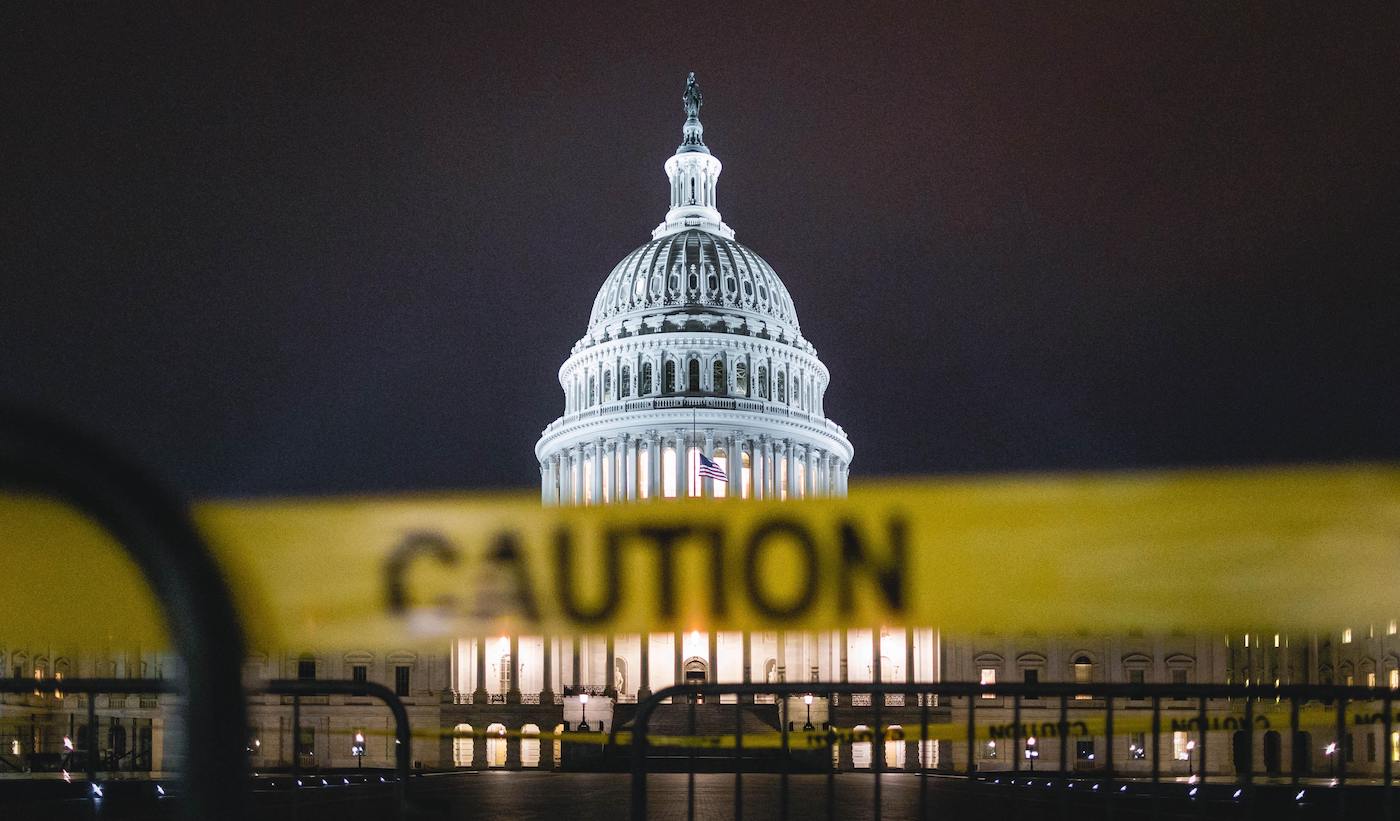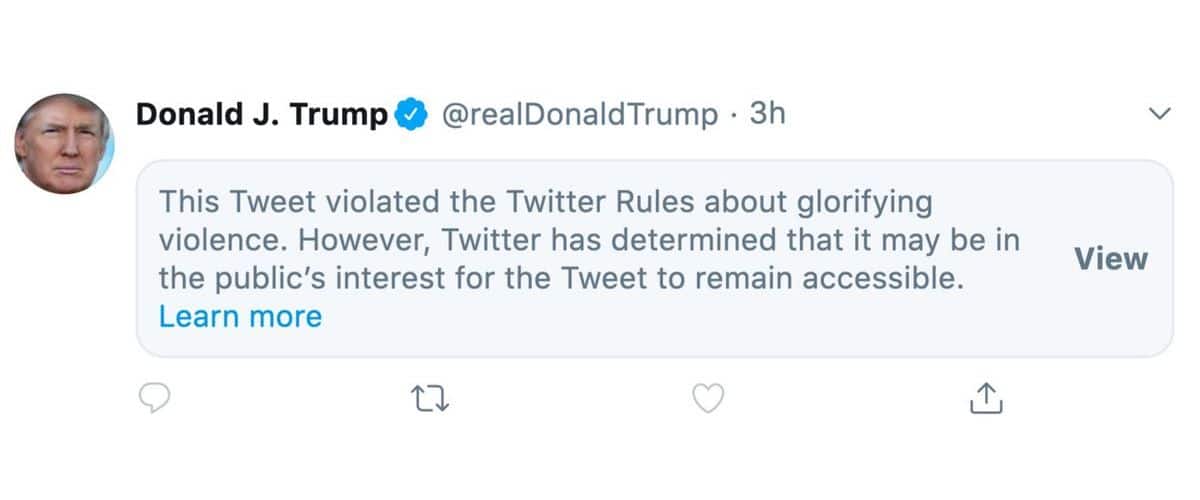Why Do We Care About Section 230?

We’re a few decades into the great Internet experiment and it has produced mixed results. Countless corporate scandals have been exposed, brands have built the ability to tell amazing stories online, and the United States elected a fading reality TV star as their President off of the strength of his Twitter account.
One of the core principles of social media (at least the way that most people understand it) is that it’s a free-flowing exchange of ideas and opinions. When it was first introduced to society as a whole, the promise was that it would democratize everything from business to public policy by ripping open the walls that guarded information and causing our voices to be impossible to ignore by the people in power. The irony is that one of the people who benefitted the most from the open and unfettered Internet is now bringing the policy that laid its foundation into question.
Section 230
You may have heard of Section 230 – it’s a specific portion of America’s 1996 Communications Decency Act that protects Internet platforms from liability for the content that their users post. It has famously been called the 26 words that created the Internet because it created the conditions that were necessary for the growth of every online platform from MySpace to TikTok.
As it relates to today, Section 230 means that Twitter, Facebook, Pinterest, Reddit, etc. can’t be sued or held criminally liable when users defame each other, when organizations make threats of violence, or when bad actors buy ads that they know are misleading in order to influence an election. Most people who have a voice in the debate have been calling to revisit Section 230 for years. It has helped to support the growth of the modern-day Internet, but it has also created some problematic consequences.
People on the right-wing think social media companies have been unfairly reducing their reach and that the elimination of Section 230 would allow them to use legal means to hold Silicon Valley accountable. The left seems to think that Section 230 allows Big Tech to shirk responsibility for the harm they’re causing with their algorithms and protect the ad models that drive division across every possible divide.
If the American Government were to somehow overturn Section 230 without a replacement, it would mean that every social media platform would be forced to immediately start taking the types of actions that Twitter recently took against the President’s tweets when they put warnings in front of them because they were misleading, or because they glorified violence. The lack of legislative protection would mean that every platform that hosts user-generated content online would need to be actively vigilant in the regulation of their content or risk the wrath of the judicial system.

Twitter has chosen to proactively restrict access to harmful content. Facebook, on the other hand, chose to take no action which led to dozens of employees staging a virtual walkout. The staff — nearly all mid-level managers — took action by closing their laptops and publishing their grievances on Twitter where they publicly aired their demands in the direction of the Facebook leadership. Zuckerberg’s response? He’s standing firm: “Our position is that we should enable as much expression as possible unless it will cause imminent risk of specific harms or dangers spelled out in clear policies.”
That leaves us all stuck in the middle of a very important power struggle. In the very near future we’re going to get the answers to several important questions:
- Are social media platforms liable for the content they host?
- Will they take a Twitter-style editorial role where the people running a private company make choices about publicly available content?
- Will they take a Facebook-style platform role where the users are trusted to evaluate the trustworthiness of the content for themselves?
Or, secret option 4: Will all of us users get so fed up with it all that we walk – moving our content sharing to a different forum, leaving the Silicon Valley squad to fight over the scraps we’ve left behind?
Where we land will have a lasting impact on the way that we all publish and interact online.
So what?
The recent breakdown of nearly every system that was supposed to protect us also means there’s space for us to reimagine how we can build it back up in a just way. Section 230 may get tossed out and, if it does, the social channels that we built our brands on in 2019 may be unrecognizable in 2021. Regardless of what happens, we each have to opportunity right now to look at the systems we’ve been relying on, to look at the practices we just assumed were “business as usual” and ask ourselves if they are the best versions of our businesses, our brands, and ourselves. Have we been posting and publishing to check a box, or because it legitimately adds value to the people and communities we care about?
A worthwhile and valuable exercise that every one of us should be undertaking right now is asking the following:
- If social media as we know it were to cease business as we know it, what would we do?
- Do we have a way to communicate with our communities that isn’t predicated on Silicon Valley’s algorithms?
- Have we built real relationships that will survive a shift in communication channels?
- And what impact are we having that could endure a fundamental channel shift?
The brands that have rock-solid answers to each of those questions will be the ones that are left creating real value for their communities whether the channels stay the same, or if the Internet as we know it today is torn down to its foundation.


